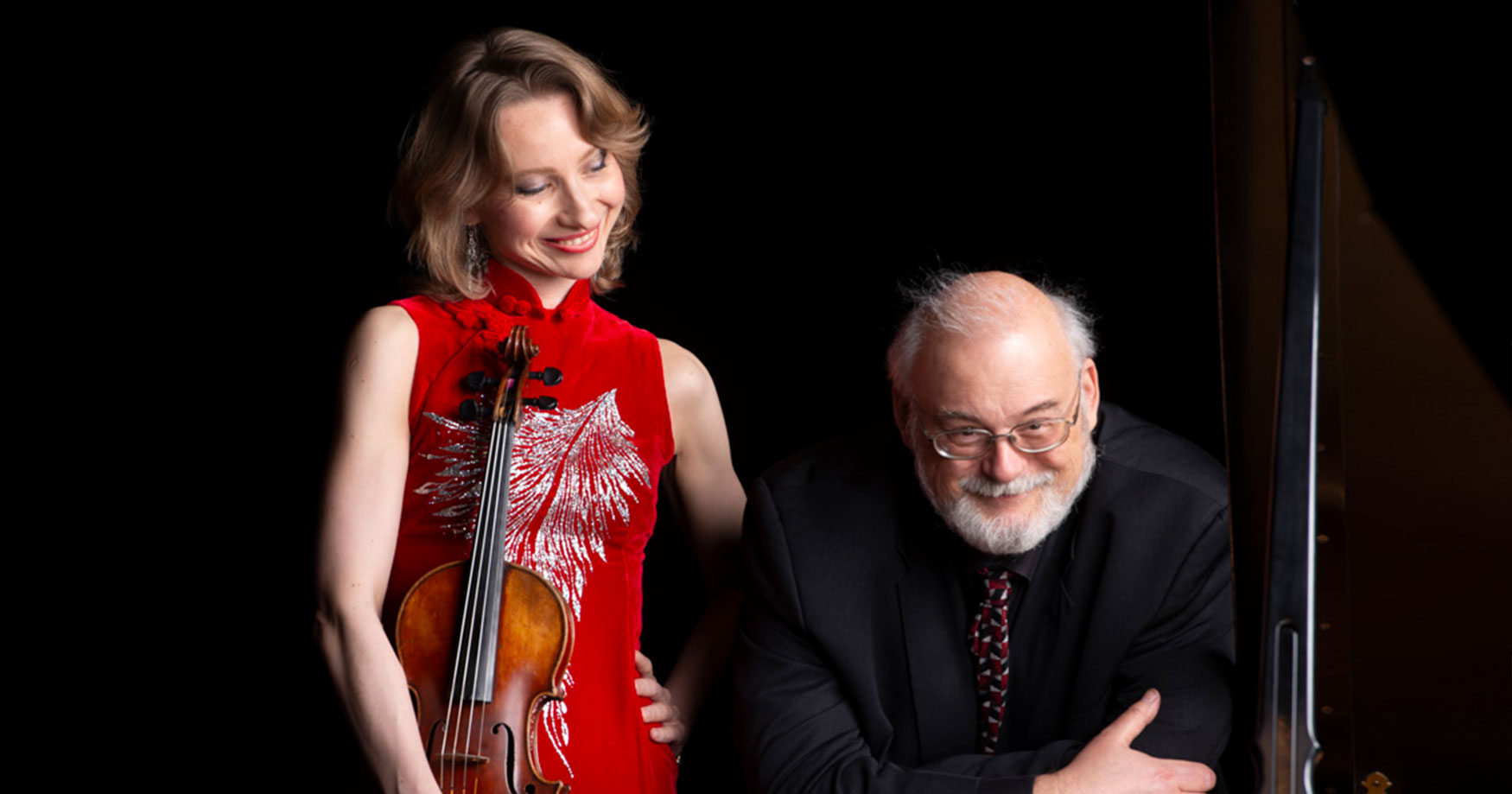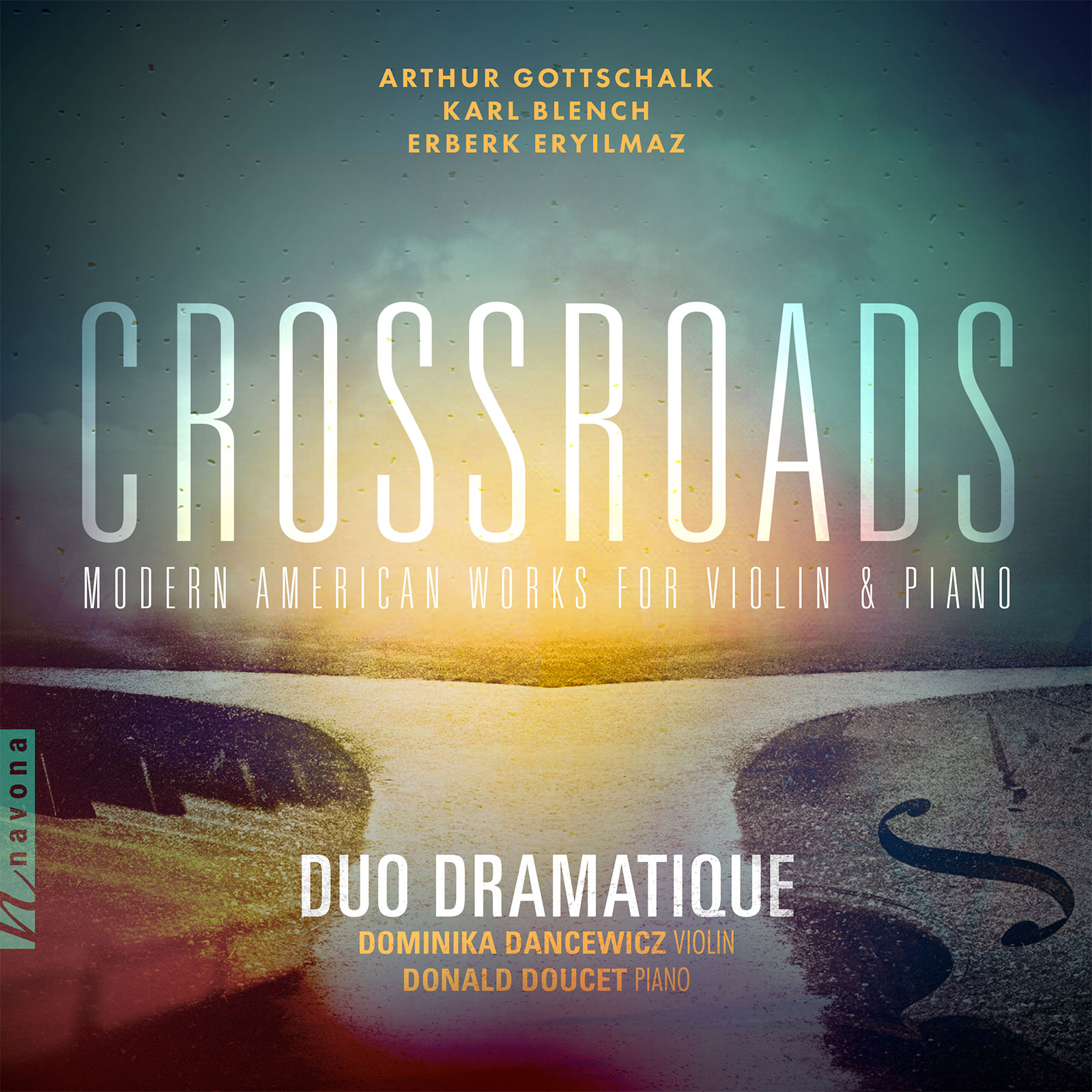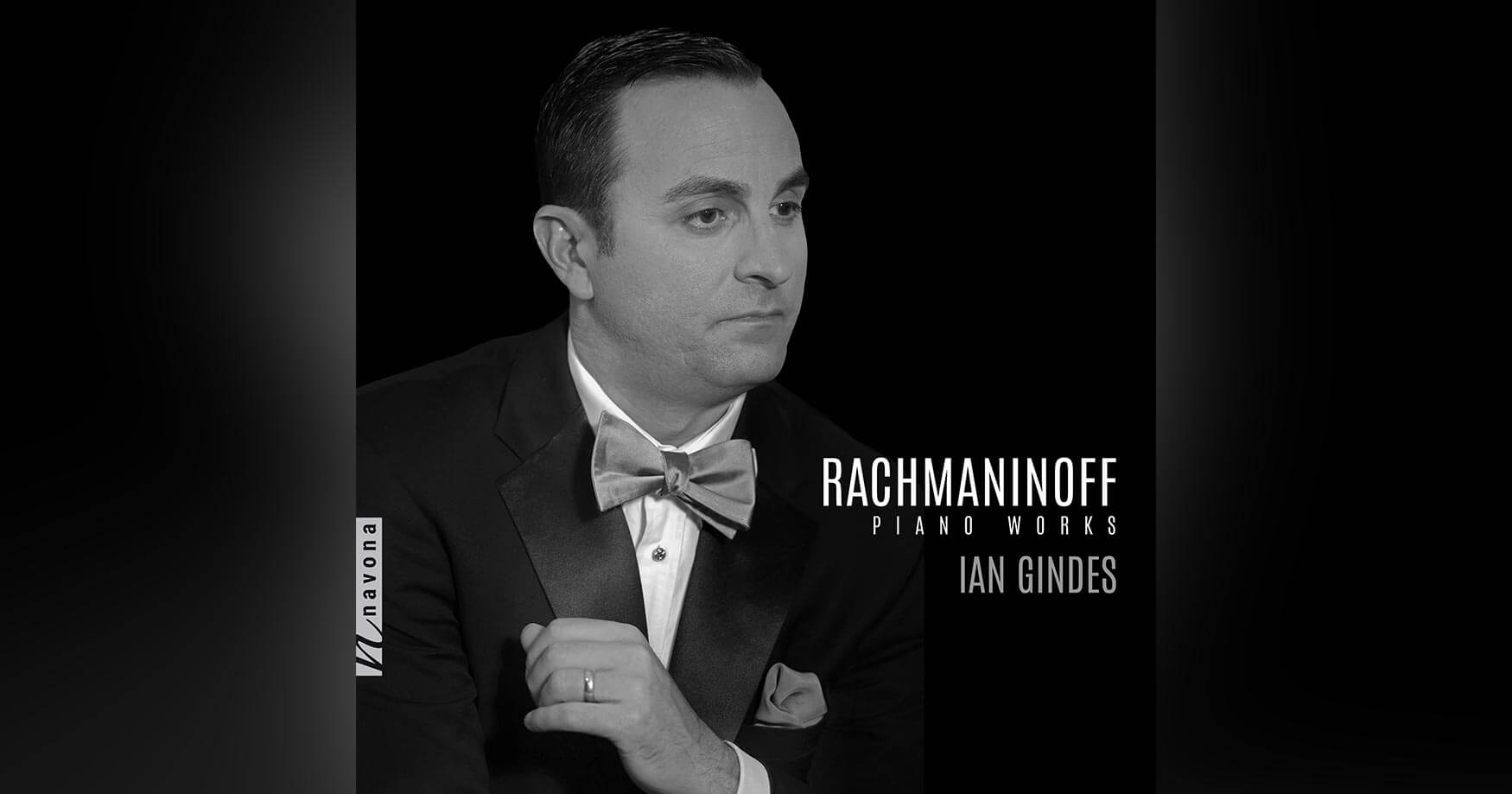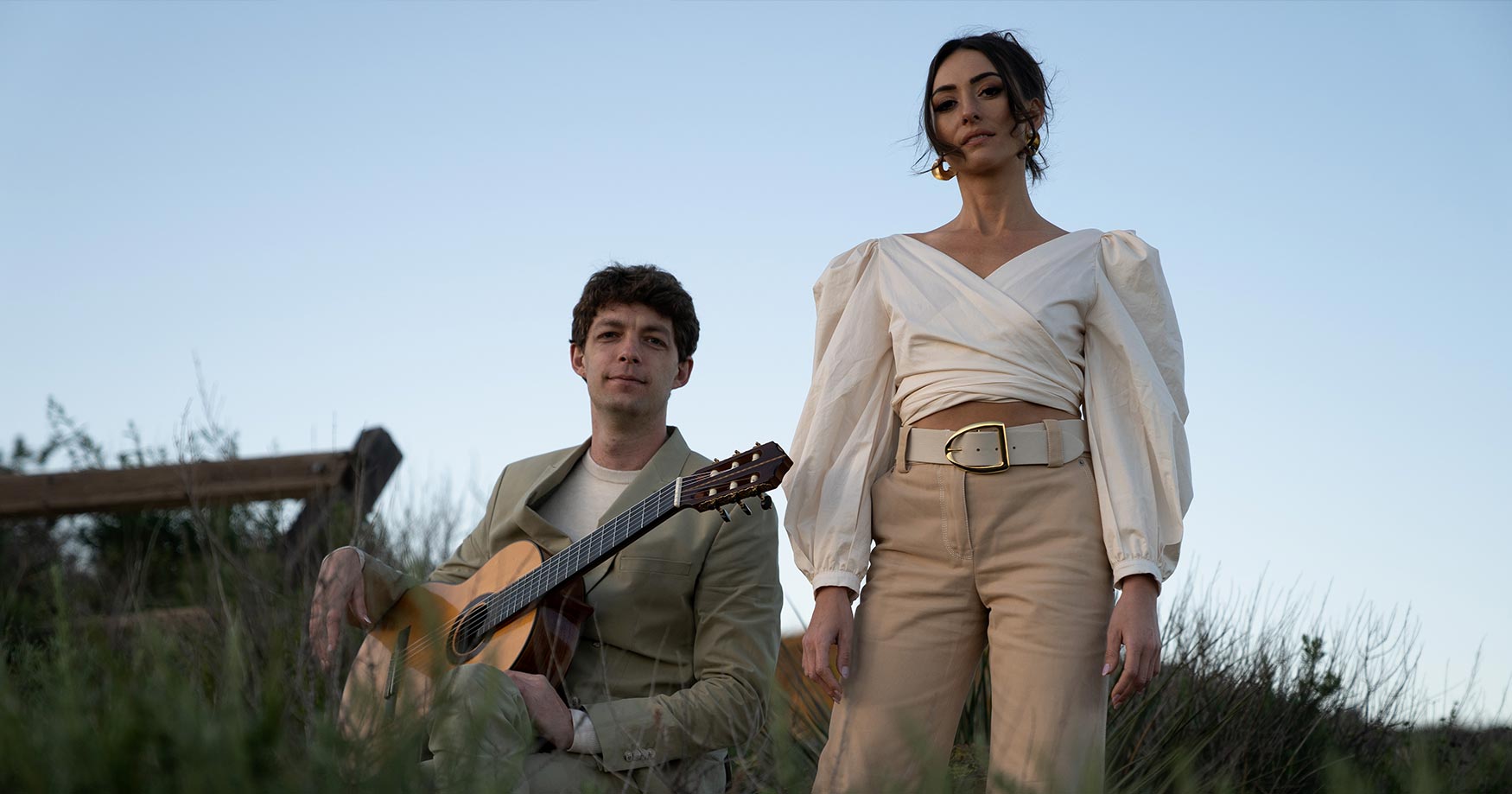True to their name, Duo Dramatique delivers fierce and thoughtful performances of genre-bending programs with an undercurrent of social and emotional issues. On CROSSROADS, the duo, violinist Dominika Dancewicz and pianist Donald Doucet, perform three original works written to highlight their style and talents.
Today, Dominika and Donald are our featured artists in “The Inside Story,” a blog series exploring the inner workings and personalities of our composers and performers. Read on to hear the story of how the duo came to be as well as their sound advice for young musicians…
What inspires you to perform?
Dominika: For me personally, it’s always about expressing things I normally wouldn’t be able to say. We live in a world of shallowness, where words are being spoken casually and inconsequentially, but their deeper meaning is elusive. Music is one of those “languages” which can speak the deepest truths of our hearts, where expressing vulnerable feelings like elation, anger, fear, love, anguish is still possible, where connecting with our listeners on that vulnerable level can still happen. Making music is an opportunity for deeper connection, and I feel incredibly lucky to be able to “speak” that language. As musicians we also are able to use that ability to connect as a tool for developing a deeper understanding of certain philosophical, sociological, or historical contexts that music creates for ourselves and for our listeners, Duo Dramatique is known for creating programs that are usually centered around an idea, a concept. Sometimes we get inspired by a single piece of music, and sometimes we hear an interesting idea that we connect to music and we start brainstorming about how we could best create a context for it with our performance.
What were your first musical experiences?
Dominika: I come from a family of musicians; my mom and dad are cellist and violist, and my brother is a violinist, so I’ve been surrounded by classical music from a very early age. I heard my mom practice her cello every day, preparing for auditions and concerts; I particularly remember her playing Haydn Cello Concerto in D Major. Since elementary school, I also started attending concerts at the Silesian Philharmonic Orchestra in Katowice, where my dad was principal violist for over 40 years, and I often got to sneak backstage and meet some of the soloists and conductors. I grew up in Poland back when the country was still under the communist regime, and music was often an escape from the grayness of life. As I continued with my education, it opened up a lot of opportunities to travel outside the Soviet block. I attended a vocational music school from the elementary grades all the way through high school, so from age seven I was surrounded by professional music training that involved ear training, music history, and theory, etc. Such an in-depth education definitely opened up my curiosity about music and deepened my love for it.
Who are your musical mentors?
Donald: I started studying piano with Frances Danner when I was six years old. She guided me through all of the John Thompson books and was patient — but firm — when I would bring in music that was beyond my ability. Through high school and college at the University of Houston I studied with Robert Brownlee, one of the most amazing musicians I’ve ever known. His performances were, for me, life-changing; I still strive to emulate his concept of how a piano could — and should — sound. I was blessed to continue lessons with him off and on up to about three years ago. He recently died of COVID at age 91 after making his last recordings at the age of 90. I also spent two years in Cincinnati studying accompaniment with Kenneth Griffiths, an amazing wealth of knowledge and insight concerning both the musical and practical aspects of the accompanist’s craft.
Tell us about your first performance.
Dominika: Duo Dramatique’s first recital was back in 2013 in Houston, when we played three big German sonatas: Brahms G Major, Schumann A minor, and Mendelssohn F Major. The concert did not have any special title (that became our trademark a bit later), but we enjoyed the music immensely, particularly because we had the opportunity to present it in one of Houston’s biggest and most opulent churches where the acoustics were absolutely outstanding! It was a blast! The story that led to that first performance is a fun one to tell: even though both of us worked together occasionally in an ensemble, there was never an idea of creating a duo together, until Donald heard me perform with my Axiom Quartet (Beethoven op.59 No1) at a completely unrelated concert. I think Donald felt that my way of making music corresponded with what he wanted to do on a deeper level in a committed professional artistic collaboration, so he called me up, asked if I wanted to play some sonatas, and….the rest is history. We will soon be celebrating 10 years as Duo Dramatique.
Donald: In May of 1963 I was six years old. At my teacher’s studio recital I performed A Pirate’s Tale. I still remember being so nervous I felt sick. I didn’t finally get past the nerve problem until I was in my twenties.
What are your other passions besides music?
Donald: I love organic vegetable gardening. There are few things more satisfying than putting open-pollinated seed in healthy soil free of artificial fertilizers and pesticides and watching what happens. Plus you get tasty food as a result!
What advice do you have for young musicians?
Dominika: Look for opportunities to learn constantly; find the best teachers you can, observe your peers, listen to great recordings, and go to concerts. Realize that learning your craft is the absolute necessity and foundation to the future career you will have as a musician. Work hard with those who are teaching you, and work hard by yourself. Keep honing your abilities, practice incessantly, and be obsessed with music and with your instrument. Keep looking for and finding beauty in what you are creating. Be fascinated by the pieces you play, read up about the composers, their lives, the history, and the context that surrounds the music. Be inspired by the centuries of creativity, and by the beauty of the music of times past and present. Make music with your friends; chamber music in particular can bring you the joy of comradery together with the joy of getting better together.
Donald: Work hard, study hard. Talent will only get you 10% of where you want to be. Try to take advantage of EVERY opportunity that comes your way, even if it’s well outside of your comfort zone. There are many satisfying things a musician can accomplish besides, or along with, performing and teaching, and you can’t know what you’re capable of unless you give it a go.
Do you have any specific hopes about what this album will mean to listeners?
Dominika: Our album CROSSROADS includes three entirely new pieces that were commissioned by us and composed especially for us. That makes us super proud. However, the music on the album has deeply universal traits as it reflects diverse and unique styles. We have the jazz, blues, and bebop influences in the Gottschalk sonata, sometimes violent and sometimes serene expressionism in Blench’s Sonata In D, and of course the Eastern European/Middle Eastern folk elements in Eryilmaz’s Insistent Music. I personally really enjoy the diversity of this music, together with the fact that the backstory of the album connects our three composers on a personal level, as well. In that respect, the album reflects the diversity of our city (Houston) where we all met and where we continue to work together. We hope that the awareness of the uniqueness and diversity that comes from a common meeting place gives our listeners a special experience. All that aside, CROSSROADS is just a super fun album with music that’s exciting, contrasting, virtuosic, and reflective. We hope people around the world enjoy it just as much as we do.
Explore Duo Dramatique’s Latest Release
CROSSROADS
CROSSROADS is available now from Navona Records. Click here to visit the catalog page and explore this album.




